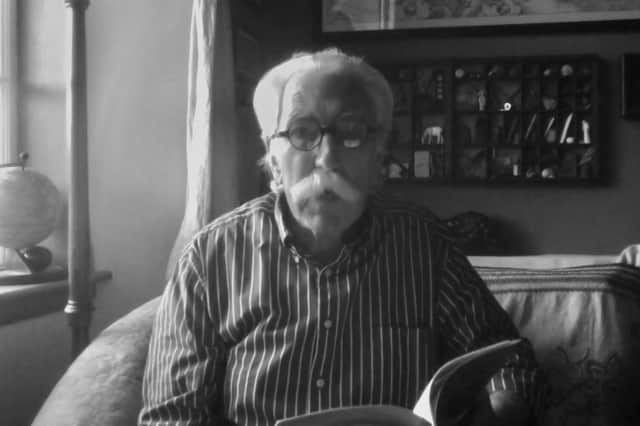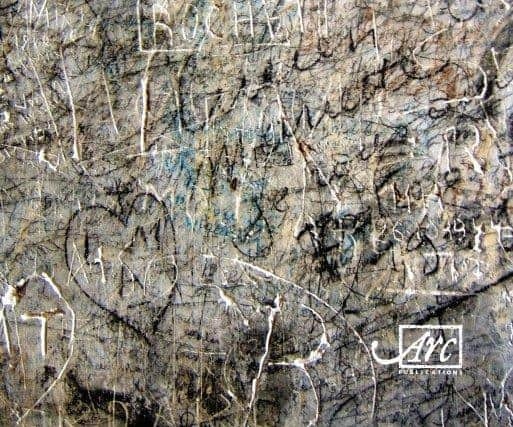Book review: Marks on the Map, by Brian Johnstone


Since standing down as director of the StAnza Poetry Festival in St Andrews, Brian Johnstone has written prolifically, completing poetry collections, pamphlets and a memoir. His fourth collection is a measured, sombre book, revisiting previous themes but also breaking new ground.
Maps are ubiquitous here, from the old maps rolled up at the back of the classroom, their outdated notions of empire (like the maps themselves) never quite thrown out, to the maps we carry inside our heads. In the title poem, a tramp charts in his mind which houses on his journeys are “good for a cup of tea” and which for “a flea in the ear.” There are ancient roads mappable by hollows or ridges, and the silvery maps left by night-time slugs.
Advertisement
Hide AdTime is often permeable. While the poet navigates his grandmother’s house by childhood memory in “Heritance,” he arrives in the kitchen in the present day, using the same grandmother’s chopping board. Johnstone is adept at finding the poignant traces the past leaves behind, like the 56 punched ticket stubs salvaged from the wreckage after the Tay Bridge disaster.


A piece of graffiti left by a lover in Greece prompts him to muse on what became of the man and his beloved. Grief is described as a palpable “weight,” trauma as an imprint on the memory. A photograph is a kind of trace, too, a moment frozen in time, and these recur throughout the book.
Johnstone’s poetic style is steady, lyrical, unostentatious. He favours regular stanzas, often of three lines, and internal music over accentuated rhymes and rhythms. He chooses clarity over surprise, and rarely leaves the reader with something mysterious, though “Night’s Take” (“The night has crept into our dreams again…”) is an enticing example of how he might.
Several of the poems tell stories, but, interesting as these are, they lack the questing melancholy of some of the more personal reflections, particularly around the nature of home. In “Primrose,” the poet and his wife, newly married, (there is rarely an “I” in Johnstone’s poems, more often a “we”), explore an abandoned cottage wondering “what archaeology of home we might obtain.” An old house in Greece is restored, but it is no longer home to the one who lived there. A new house slips into dereliction, though a light burns in a single room. Home is a hope or a memory, never completely present.
In the end, erasures are at risk of outnumbering traces: an old hill croft is demolished, and now the farm is abandoned too, the last surviving occupant in a care home. Coffin-bearers on “The Coffin Road” become ghosts themselves. Doggerland, flooded by the North Sea millennia ago, is perhaps the ultimate act of vanishing without trace. The Marks on the Map leaves a lingering melancholy, a sense that the marks we want to leave on the world are fragile, more permeable than we thought.
The Marks on the Map, by Brian Johnstone, Arc, £10.99
A message from the Editor:
Thank you for reading this article. We're more reliant on your support than ever as the shift in consumer habits brought about by coronavirus impacts our advertisers.
If you haven't already, please consider supporting our trusted, fact-checked journalism by taking out a digital subscription at https://www.scotsman.com/subscriptions